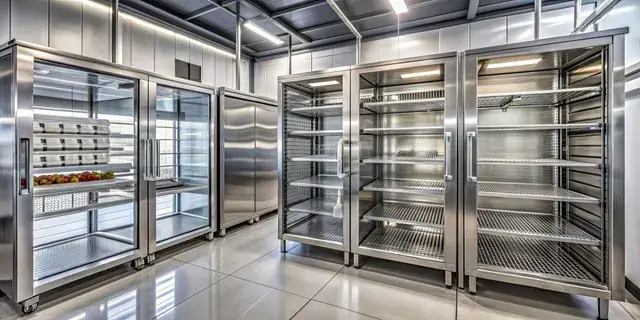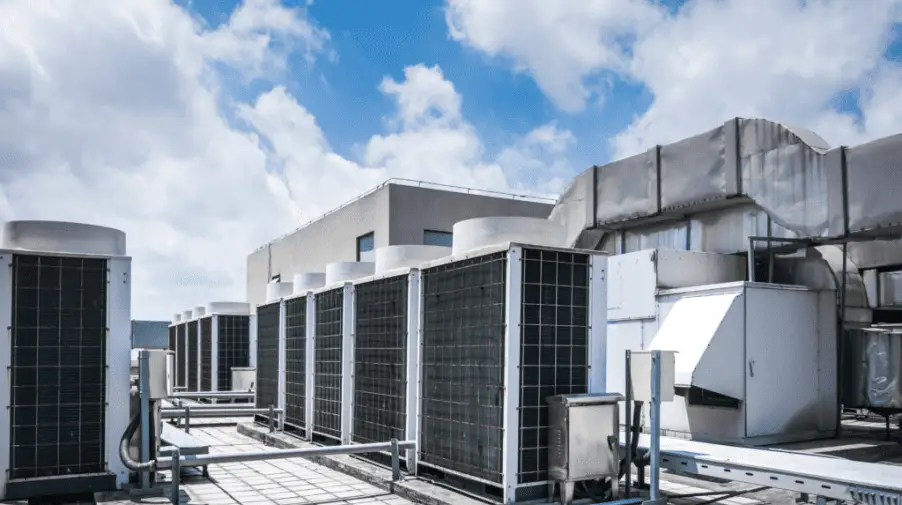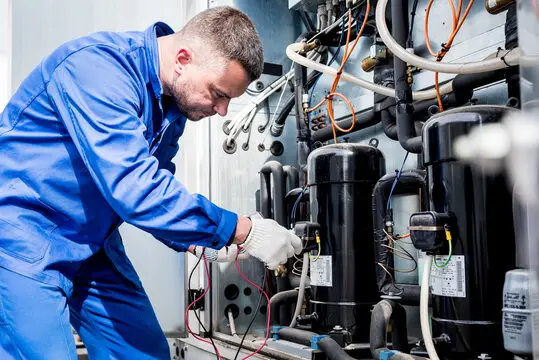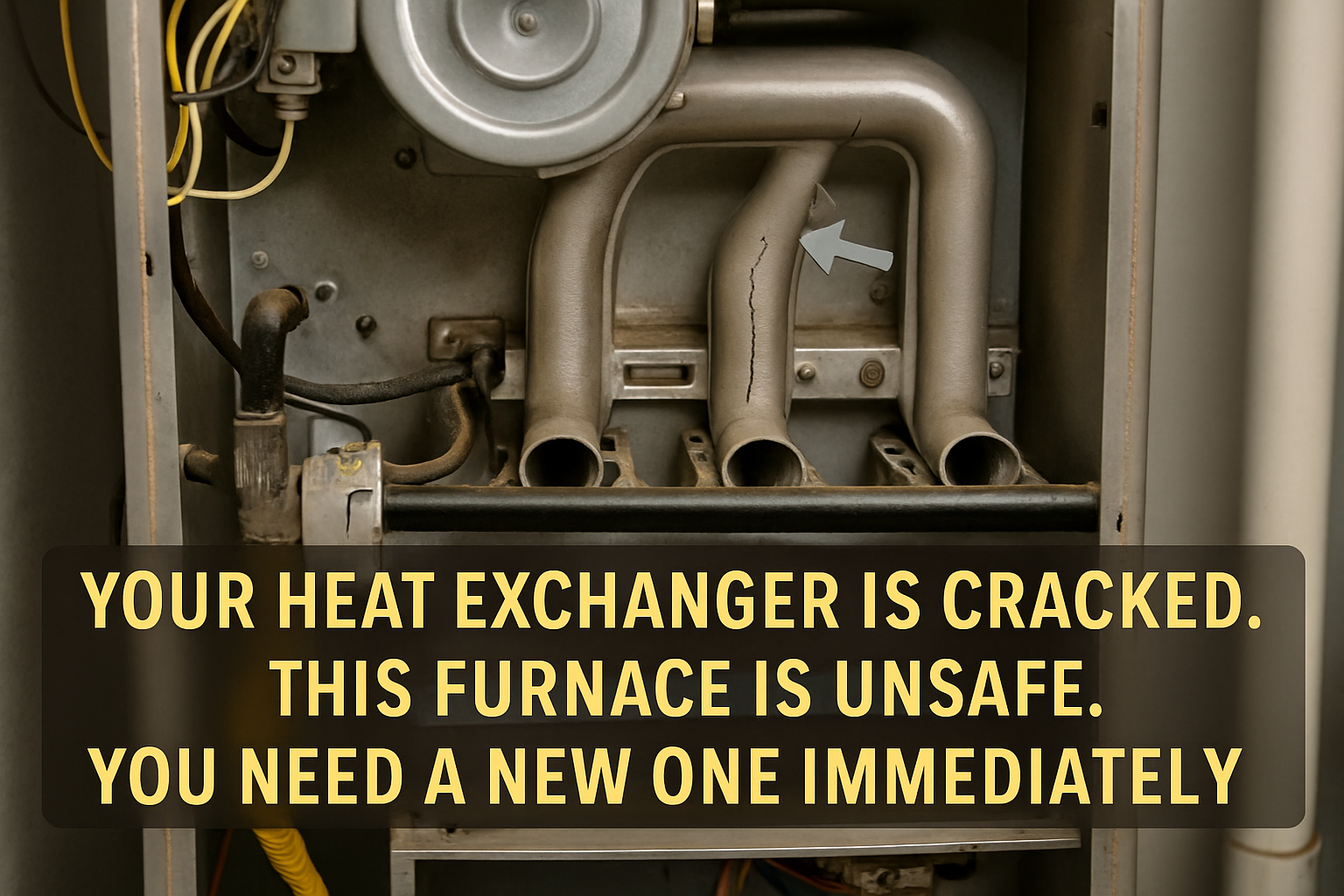Energy efficiency in commercial refrigeration is a critical factor for businesses looking to reduce operational costs and enhance sustainability. With rising energy prices and increasing environmental regulations, improving commercial refrigeration systems efficiency has become a priority for industries such as food service, retail, and healthcare. This article explores effective strategies to reduce energy costs in refrigeration, highlights energy-saving refrigeration technologies, and offers valuable commercial refrigeration maintenance tips.

Why Energy Efficiency Matters in Commercial Refrigeration
Commercial refrigeration units are among the most energy-intensive equipment in facilities. Poorly maintained or outdated systems can lead to excessive energy consumption, resulting in higher utility bills and potential equipment failure. By focusing on refrigeration energy consumption reduction, businesses can achieve significant cost savings and improve overall performance.
Key Benefits of Energy Efficiency
- Cost Savings: Reducing energy consumption directly lowers operating expenses. Efficient refrigeration systems use less power, contributing to long-term savings. Additionally, investing in energy-efficient units may qualify businesses for government incentives and rebates, further enhancing financial benefits. Over time, these savings accumulate, allowing businesses to reallocate funds toward growth and operational improvements.
- Extended Equipment Life: High-efficiency refrigeration units experience less strain, which extends their operational lifespan. Reduced wear and tear mean fewer breakdowns and lower maintenance costs, ensuring equipment remains in peak condition for longer periods. This also minimizes downtime, keeping operations running smoothly without unexpected interruptions.
- Environmental Impact: Lower energy use reduces carbon footprints, aligning businesses with sustainability goals. By adopting green refrigeration technologies and practices, companies demonstrate corporate responsibility, which can enhance brand reputation and appeal to eco-conscious consumers. This proactive approach not only benefits the environment but also positions businesses as industry leaders in sustainability.
- Improved Performance: Optimized systems maintain consistent temperatures, preserving product quality and reducing spoilage. This leads to fewer losses in perishable goods and ensures customer satisfaction by maintaining the integrity of products. Furthermore, advanced monitoring systems and smart technologies enable businesses to track performance and detect potential issues early, contributing to long-term operational excellence.
Top Strategies for Improving Commercial Refrigeration Systems Efficiency
1. Regular Maintenance and Inspection
Routine maintenance plays a vital role in ensuring commercial refrigeration efficiency. Neglecting maintenance can lead to issues such as refrigerant leaks, clogged filters, and compressor failures. Regular inspection and servicing can prevent these problems and ensure systems operate at peak performance.
Tip: For insights on identifying issues early, check out our article on the top five signs your commercial refrigerator might need professional attention.
2. Upgrade to Energy-Saving Refrigeration Technologies
Advancements in refrigeration technology have led to the development of high-efficiency refrigeration units. Features like variable speed compressors, LED lighting, and digital monitoring systems contribute to better energy management.
Energy-Saving Technologies to Consider:
- Variable Speed Compressors: Adjust cooling output based on demand.
- LED Lighting: Consumes less power and emits minimal heat.
- Smart Thermostats: Provide real-time temperature control and analytics.
3. Optimize HVAC and Refrigeration Performance
HVAC and refrigeration systems often work in tandem. Ensuring both are optimized can lead to overall energy savings. Poorly maintained HVAC systems can force refrigeration units to work harder, increasing energy consumption.
Pro Tip: Ensure HVAC ducts are clean, and filters are replaced regularly to enhance airflow and reduce strain on refrigeration units.
4. Use Efficient Refrigerants
Refrigerant types and energy efficiency are closely linked. Modern refrigerants, such as R-600a and R-290, offer better thermodynamic properties, leading to improved performance and lower environmental impact.
Benefits of Modern Refrigerants:
- Lower global warming potential (GWP)
- Higher energy efficiency ratings
- Reduced risk of leaks and breakdowns
5. Seal and Insulate Refrigerated Spaces
Poorly sealed doors, damaged gaskets, and insufficient insulation lead to significant energy losses. Regularly inspecting and replacing worn-out seals can enhance commercial refrigeration systems efficiency.
Tip: Conduct routine inspections to detect leaks and ensure tight seals.
Preventative Maintenance: A Game-Changer for Energy Efficiency
Preventative maintenance is a cornerstone of refrigeration energy consumption reduction. By addressing minor issues before they escalate, businesses can avoid costly repairs and downtime.
Key Maintenance Activities:
- Cleaning condenser and evaporator coils
- Checking refrigerant levels
- Inspecting door seals and hinges
- Monitoring compressor performance
Learn more about the key benefits of preventative maintenance.
Common Issues That Impact Efficiency
Even the most advanced refrigeration units can experience performance issues. Some common problems include:
- Frost buildup on evaporator coils
- Inconsistent temperature control
- Unusual noises during operation
Addressing these issues promptly is essential for maintaining efficiency. For troubleshooting tips, visit our guide on common issues with commercial refrigerators.
Choosing High-Efficiency Refrigeration Units
When upgrading or replacing commercial refrigeration equipment, selecting high-efficiency models can yield substantial energy savings. Look for ENERGY STAR® certified units, which are designed to consume less power while delivering superior performance.
Key Considerations When Selecting New Units:
- Capacity and size
- Energy efficiency rating (EER)
- Compatibility with existing HVAC systems
- Manufacturer reputation and warranty coverage
Partnering with Commercial Refrigeration Specialists
Working with experienced professionals ensures refrigeration systems are installed and maintained correctly. Specialists can provide tailored solutions that maximize energy efficiency and system longevity.
Explore how our team of commercial refrigeration specialists can help you enhance performance and reduce costs.
Conclusion
Energy efficiency in commercial refrigeration is essential for reducing operational costs and minimizing environmental impact. By implementing preventative maintenance, upgrading to high-efficiency refrigeration units, and optimizing HVAC and refrigeration performance, businesses can achieve substantial savings. For ongoing success, consider partnering with refrigeration experts to ensure your systems remain in top condition.
- Why Energy Efficiency Matters in Commercial Refrigeration: Commercial refrigeration units consume a significant amount of energy, and poor maintenance can lead to higher costs and system failures, making efficiency a key focus for operational sustainability.
- Key Benefits of Energy Efficiency: Energy-efficient refrigeration reduces costs, prolongs equipment lifespan, lessens environmental impact, and improves overall system performance, benefiting both finances and sustainability goals.
- Top Strategies for Improving Commercial Refrigeration Systems Efficiency: Strategies include regular maintenance, upgrading to energy-saving technologies, optimizing HVAC performance, using efficient refrigerants, and sealing and insulating refrigerated spaces to cut energy use.



